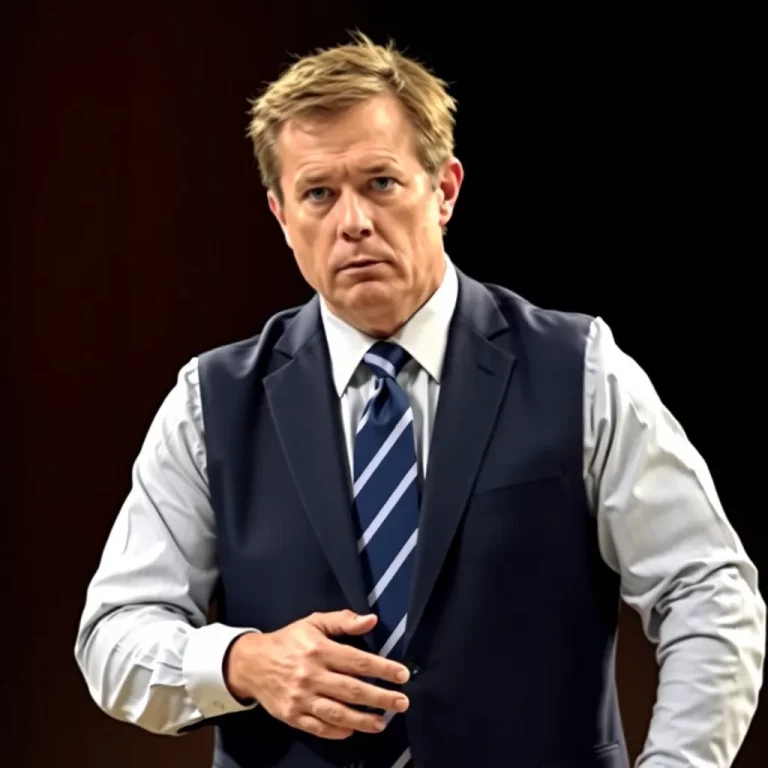In a significant update for NCAA sports, discussions surrounding the upcoming revenue sharing plans and roster limits held crucial attention during a recent court hearing in San Francisco. U.S. District Judge Claudia Wilken raised concerns about the potential impact these roster limit changes could have on college athletes, particularly leading up to the July 1 implementation date.
Judge Wilken encouraged the stakeholders to consider a more considerate approach to the proposed limits, suggesting a *“grandfathering”* system. This would allow both current players and promising high school athletes a fair chance to maintain their positions on teams. “It’s not that many people. It’s not that much money,” Judge Wilken noted in the April 7 hearing, emphasizing the need to safeguard opportunities for athletes.
However, the NCAA and representatives from major athletic conferences filed a response to the court, showing no adjustments to the roster limit plan. Their argument centered on the idea that schools and athletes have already made critical decisions based on the immediate effectiveness of these limits if the settlement is approved.
The spotlight on roster limits has intensified as athletes have begun sharing personal stories of how these changes have led to being cut from teams or needed to reopen recruitment processes. The limits are part of a broader settlement aimed at addressing not just roster adjustments, but also other pressing issues like revenue sharing and overseeing new NIL (Name, Image, Likeness) agreements.
Under the new roster limits, the NCAA aims to ensure fair competition between schools of varying financial power. The arrangement allows programs to offer scholarships without exceeding a set roster size, drawing a line to prevent wealthier institutions from stockpiling talent at the expense of smaller programs.
While the conversation around roster limits has grown, the filing made by the NCAA did address other areas of the settlement. Future athletes will have the opportunity to challenge the settlement down the line, ensuring their voices are heard, even if they were not part of the initial decision-making process.
With a critical update expected from Judge Wilken soon, the future of many NCAA athletes hangs in the balance as both sides continue to negotiate the best ways to advocate for fair opportunities in college sports.



